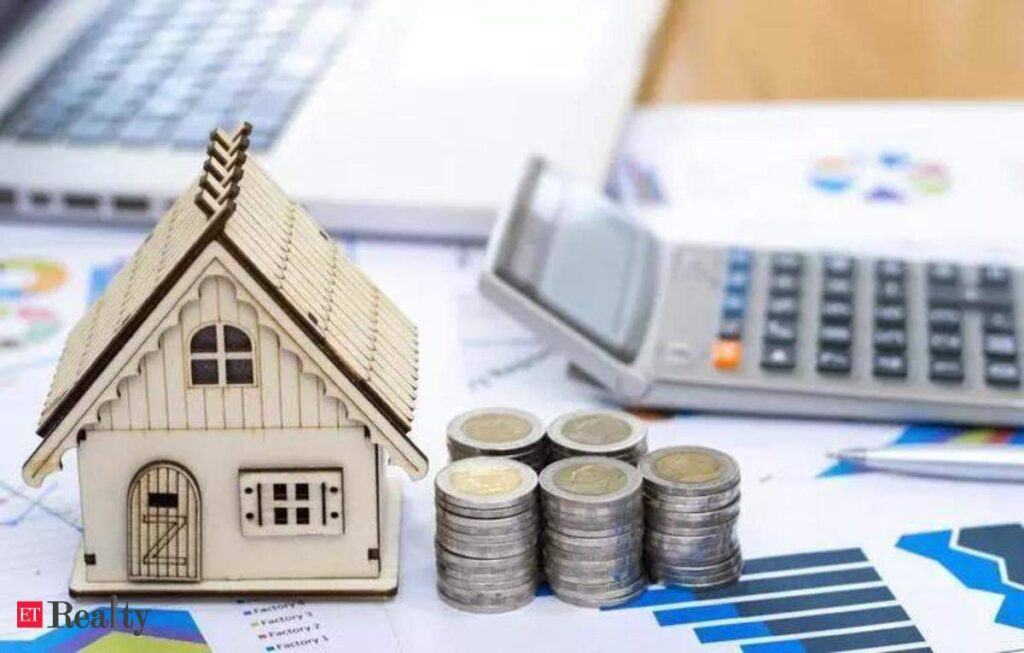BEIJING: Shanghai said on Monday it would reduce some taxes on real estate transactions from Dec. 1, according to state media, a move designed to support the property market in China’s second-largest city.
China has been aiming to bolster the crisis-hit property market by increasing demand and easing developers’ financial difficulties, with its finance ministry last week unveiling tax incentives on home and land transactions.
An index tracking China’s real estate shares and an index for Hong Kong-listed mainland property developers were both trading higher on Monday.
Shanghai will eliminate the division between so-called “ordinary” and “non-ordinary” housing when it levies value-added taxes and personal income taxes on sales. “Non-ordinary” housing consists of properties of 144 square metres (1,550 square feet) and larger that had previously been subject to higher taxes.
Residents will be exempt from VAT when they buy a property and hold on to it for two years or more before selling it, according to state media.
Shanghai also raised the standard for levying deed tax to properties larger than 140 square metres from the previous 90 square metres.
For the purchase of a 10 million yuan ($1.38 million) apartment, a buyer’s deed tax payment will be reduced to a minimum of 100,000 yuan from the previous maximum of 300,000 yuan, according to Yan Yuejin, analyst at E-House China Research and Development Institution.
The city’s authorities stepped up efforts to support real estate this year after the central government announced a series of supportive policies including interest rate cuts and down-payment reductions, but demand remained lacklustre.
Resale home prices in the city fell for the 16th consecutive month in October, down 6.7% from a year earlier, though there was a slight month-on-month increase in prices for new homes, according to official data released on Friday.
“Shanghai’s recent move is a continuation of these nationwide policies, all designed to restore confidence and rejuvenate sentiment in the housing sector,” said Bruce Pang, chief economist at JLL, a property consultancy company.
“We anticipate that more cities will unveil similar incentives in the coming weeks,” Pang said.
The relaxation of Shanghai’s tax policies was ranked as the second most-read topic on Chinese social media platform Weibo, with over 800,000 readers.
Many Weibo users were not impressed with the changes.
“(Shanghai’s property prices) won’t fall any further to the extent that a working man can afford it,” one commenter said, while another user said “even with more stimulus, the property market is expected to be difficult to get up in a short term”.
JLL’s Pang said merely lowering transaction costs would not provide a sustainable boost for the housing market.
“To reignite the growth engine of the property sector, policymakers must address residents’ expectations regarding economic and income growth, and offer a more stable outlook on housing prices,” Pang added.
Source Homevior.in




